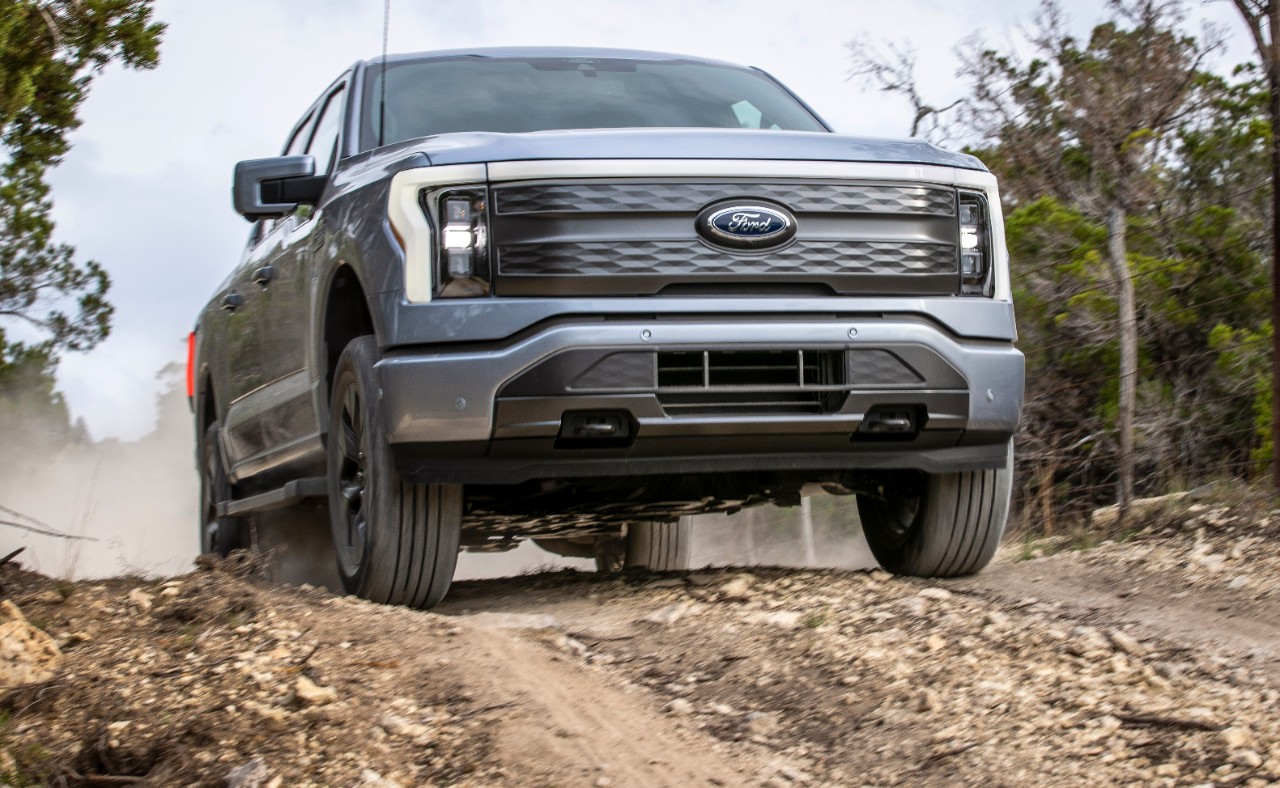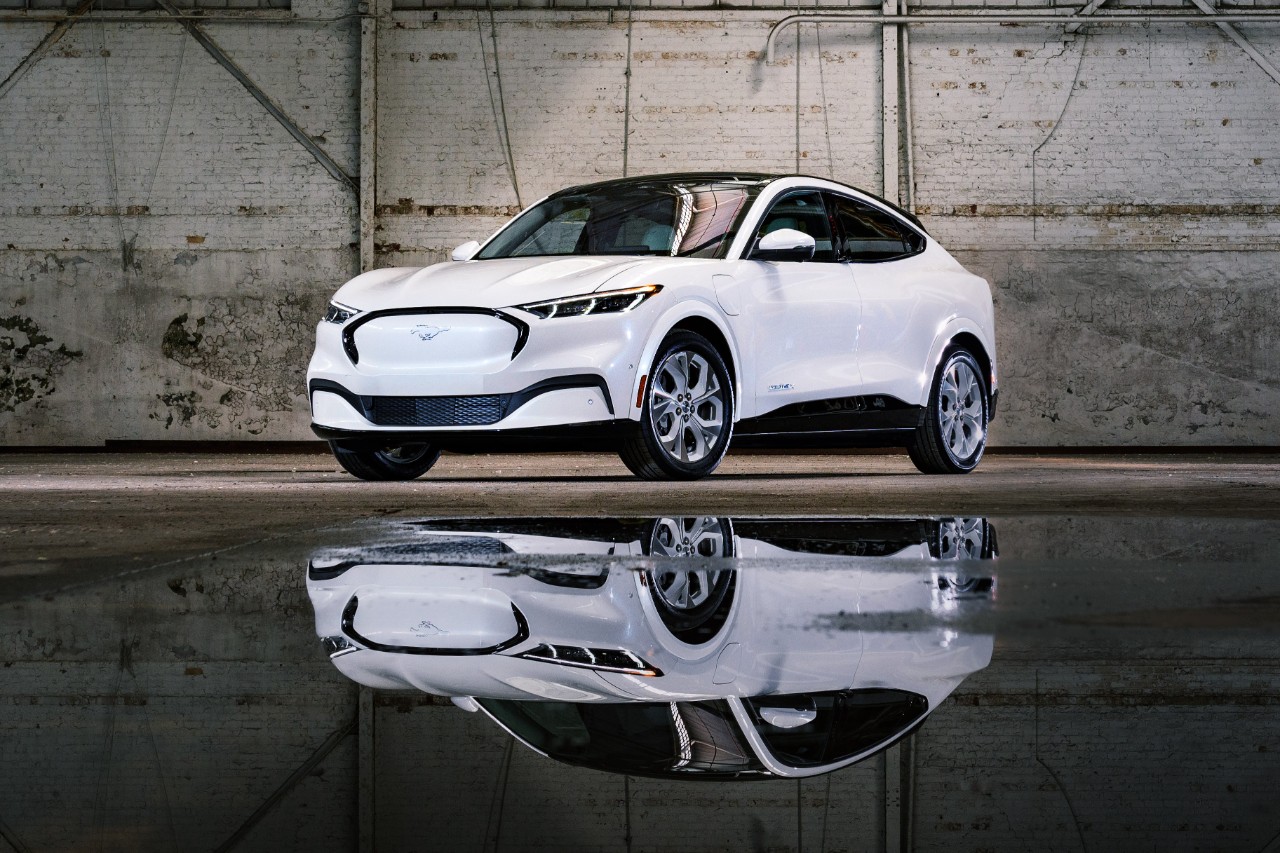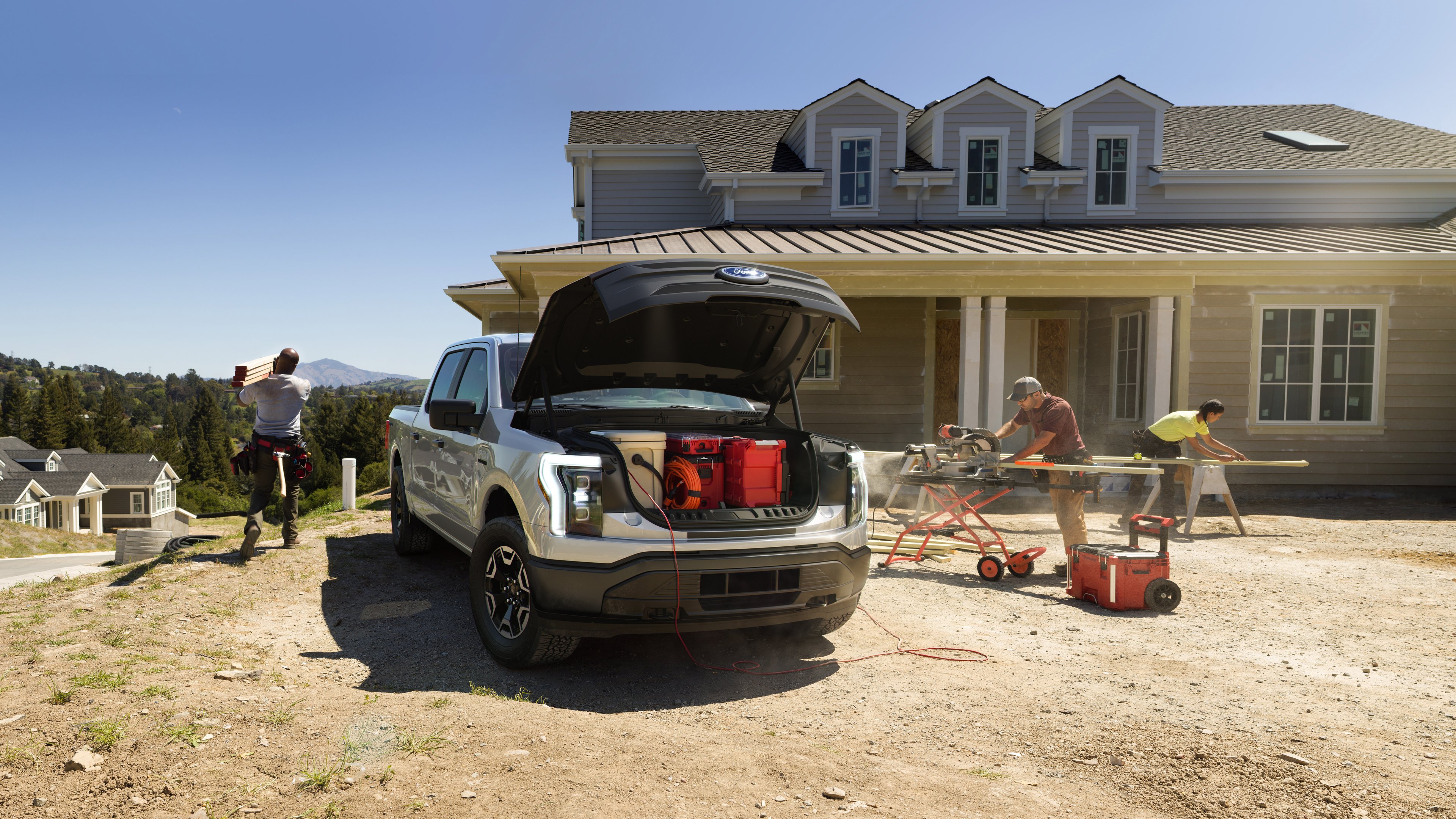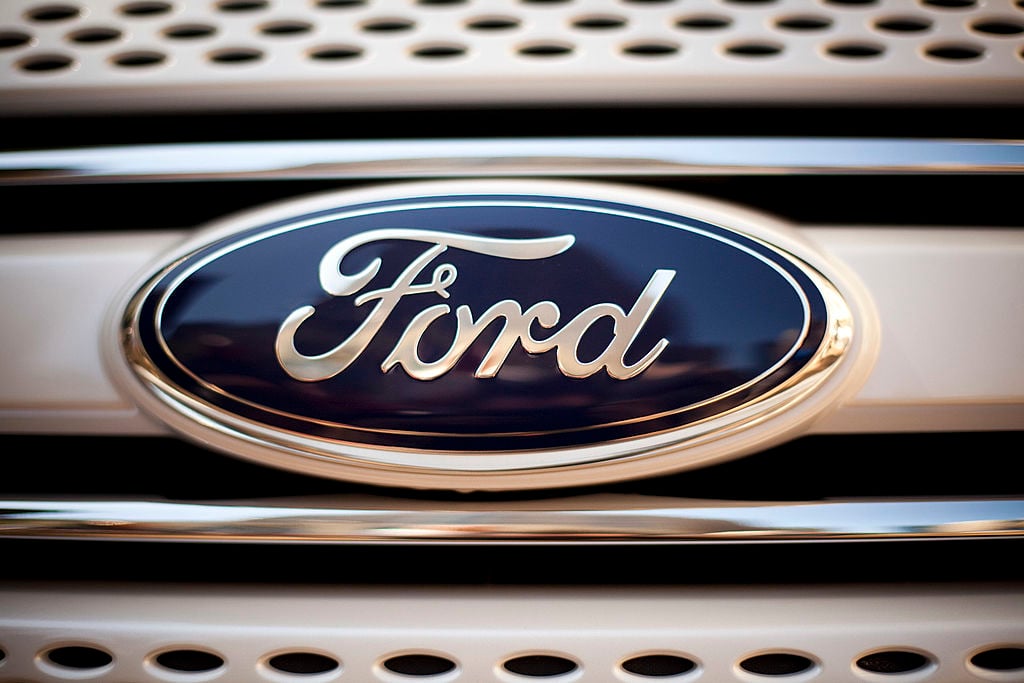A group of big-name automakers announced on Tuesday that they will build a network of ultra-fast electric-vehicle chargers to rival Tesla Motors' (TSLA 0.44%) Supercharger network in Europe, an important step in smoothing the way for the widespread adoption of electric cars.
Who's involved in this new network
Ford Motor Company (F 0.32%), BMW AG (BAMXF +3.13%), Mercedes-Benz parent Daimler AG (DDAIF 0.23%), and Volkswagen AG (VLKAY 0.08%), along with VW subsidiaries Audi and Porsche, are the initial partners in a new joint venture that will build a network of ultra-fast chargers in Europe.

BMW has joined with Ford and its German rivals to fund a new network of ultra-fast electric-vehicle recharging stations in Europe. Image source: BMW AG.
What are they building?
Initially, beginning next year, the venture will open about 400 ultra-fast charging stations along major "long-distance travel routes" in Europe. By 2020, the venture expects to have "thousands of high-powered charging points."
The partnership isn't intended to exclude other automakers that might be interested. Here's what the partners said in their joint statement announcing the venture:
While the founding partners -- BMW Group, Daimler AG, Ford Motor Company and Volkswagen Group -- will be equal partners in the Joint Venture, other automobile manufacturers will be encouraged to participate in the network to help establish convenient charging solutions for BEV customers. The Joint Venture is also open for cooperations with regional partners.
How fast are these new "ultra-fast" chargers?
The partners say that these "ultra-fast" chargers are more powerful than anything in service today, including Tesla's Superchargers. Based on the Combined Charging System (CCS) DC Fast standard, the new chargers will support power levels up to 350 kilowatts.
That represents an expansion of the existing standard. As of right now, there are no vehicles on the market that can take advantage of that much power. (The new chargers will automatically scale to what the vehicle can accept.) But the fact that this is happening now suggests that vehicles that can handle that level of power are in development.
Will these new chargers be free to use?
Probably not. But that wasn't made clear in the venture's initial statement on Tuesday.
How do these chargers compare to Tesla's Superchargers?
Tesla's Superchargers currently deliver up to 120 kW of power. That's enough to add about 170 miles of range in 30 minutes.

Tesla has 744 Supercharger stations around the world. Many more are planned. Image source: Tesla Motors.
The Superchargers have been free for all Tesla owners to use, but that will soon change. As of Jan. 1, owners will get 400 kilowatt-hours of free Supercharger credits a year (about 1,000 miles worth of range), but will have to pay to use the chargers after that.
Tesla promised that the fee for a recharge would be less than the price of filling up a conventional car with gasoline. I expect that the new European network will charge comparable fees.
Why is this a big deal?
Right now, while there are a few DC Fast charging stations available, most non-Tesla electric vehicles using most rechargers take a long time to recharge. That's a deal breaker for many who might otherwise consider an electric vehicle.
Tesla's proprietary Supercharger network was intended to help ease potential buyers' worries about going electric, and it has. Tesla's Superchargers are much faster than conventional EV chargers, making long road trips viable.
It has been clear for a while that something similar will be needed for non-Teslas. A few private companies have begun building networks, but progress has been slow. Today's announcement is a clear signal: At least in Europe, the big automakers don't want to wait any longer.
What's the upshot for investors?
This is another sign that the German luxury brands are feeling competitive pressure from Tesla. The new network will go a long way toward neutralizing a key Tesla selling advantage in Europe, helping the German luxury brands win buyers back from the Silicon Valley upstart. (Of course, they'll also need to bring competitive vehicles to market.)
That could put pressure on Tesla's sales in Europe. But more generally, it will help the German brands (and Ford) convince more buyers to try an electric vehicle, speeding wider adoption of the technology.
I won't be surprised if other automakers (General Motors, for one) join this joint venture, or at least adopt the expanded CCS fast-charging standard in future models. I also won't be surprised if something similar is announced for North America in the near future, perhaps an expansion of the partnership between BMW, VW, and Chargepoint that was announced earlier this year.
Long story short: We may not yet have reached the tipping point for electric vehicles versus internal combustion, but it's one step closer today.










